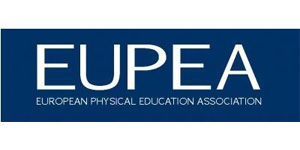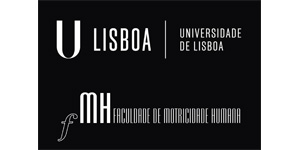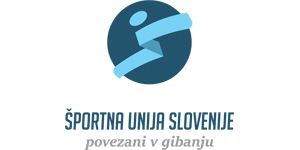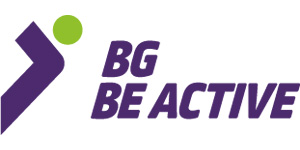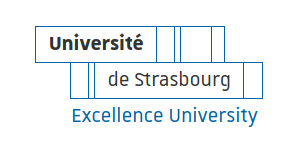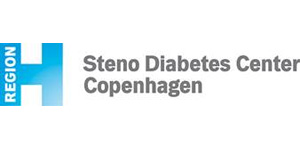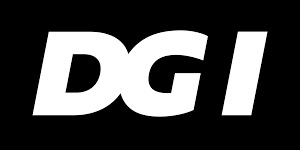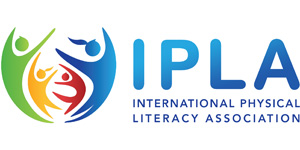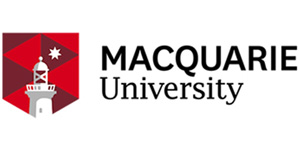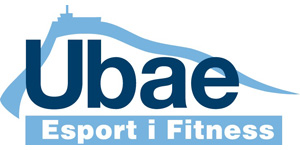PHYSICAL LITERACY FOR LIFE:
TRAINING TOOL

Introduction to the PL4L training tool
European Commission is dedicated to developing and promoting physical activity, sport and healthy lifestyles across the continent. In recent years, the concept of physical literacy has increasingly been noted to have influenced practice and policy in education, sport, recreation, health and environmental planning. Promoting physical literacy as a key competence, however, appears to be a challenge for many stakeholders (i.e. schools, clubs, policy makers and citizens), and an advocacy guide is necessary to convince more the stakeholders of its value.
The ‘Physical Literacy for Life’ (PL4L) Erasmus+ project highlights the importance of everyone engaging in physical activity for life and acknowledges physical literacy, like other literacies, to be a key component in European Citizens’ lifelong learning journey through physical education, physical activity and sport in accordance with UN resolution 56/116. The United Nations Resolution 56/116 (UN2002) acknowledges the place of literacy at the heart of lifelong learning. It also acknowledges its fundamental role for the attainment of essential skills, attitudes and knowledge, that enable people of all ages to address the challenges they may face in life.
Furthermore, literacy represents one of the essential steps in education, as an indispensable means for effective participation in the societies and economies of the twenty-first century. ‘The concept of physical literacy recognizes that humans learn for different reasons, whether for survival, social connection, or self-actualization’ (Ydo, 2020).
The PL4L project proposes that the concept of physical literacy should permeate physical education, physical activity, recreation and sport for people of all ages and capabilities. The definition adopted by PL4L project pays particular attention to the four domains through which physical literacy is acquired and demonstrated (cognitive, emotional, physical and social).
This training tool aims to help PE teachers, trainers and coaches understand the concept and reflect on their practice in relation to providing environments, within their communities, that promote physical literacy.
Ydo, Y. Physical literacy on the global agenda. Prospects 50, 1–3 (2021). https://doi.org/10.1007/s11125-020-09524-8




